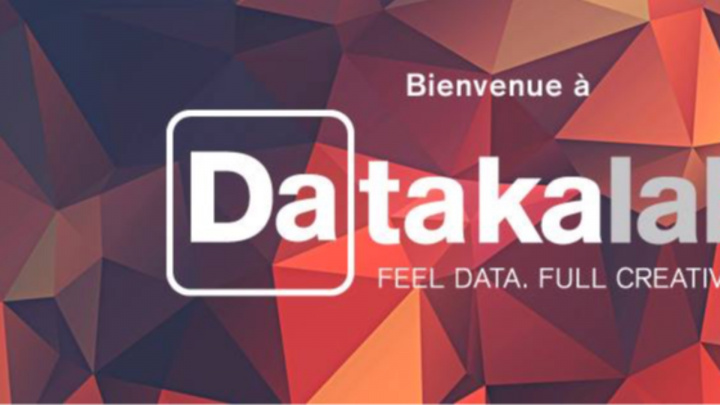Apple Acquires French AI Startup Datakalab to Bolster On-Device AI
In a move signaling its deepening investment in artificial intelligence, particularly for on-device processing, Apple has acquired Datakalab, a French AI startup specializing in low-power computer vision and deep learning algorithms. The acquisition, finalized in December 2023 for an undisclosed sum, was recently noted in a European Commission filing and highlights Apple's strategy ahead of expected AI feature launches, likely reinforcing its commitment to privacy-preserving AI.

Datakalab and Key Acquisition Details
- Datakalab develops low-power, runtime-efficient deep learning algorithms designed to run entirely on devices. This aligns perfectly with Apple's long-standing emphasis on user privacy and security, as data processing can happen locally rather than being sent to the cloud.
- The startup's expertise includes AI compression (crucial for fitting complex models onto hardware like iPhones and other edge devices) and embedded computer vision technology, noted for being fast, cost-effective, and accurate.
- Datakalab previously collaborated with notable clients, including the French government and Disney. Their technology was used to deploy AI tools for monitoring face mask usage on Paris transport systems during the pandemic and analyzing viewer reactions during movie screenings using computer vision techniques.
- While Datakalab's founders reportedly did not join Apple post-acquisition, several of its engineers and specialists have transitioned to work within Apple's AI teams, suggesting this was partly an "acqui-hire" to gain talent.
Strategic Importance and Context
This acquisition comes as Apple is widely expected to unveil a suite of significant AI features in iOS 18 at its upcoming Worldwide Developers Conference (WWDC) in June 2024. By focusing on on-device AI processing, Apple aims to differentiate itself from competitors like Google, Microsoft, and OpenAI, who often rely more heavily on cloud-based solutions for their most powerful AI models. Apple's approach prioritizes faster response times, offline functionality, and enhanced data security, though potentially at the cost of the sheer knowledge base or capability found in some larger, cloud-connected models for certain tasks.
The integration of Datakalab's technology could enhance various Apple products and services, potentially contributing to:
- Automatic summarization and auto-complete features within core apps and productivity software (like Pages, Keynote, Messages, Mail).
- More intelligent and personalized playlist creation in Apple Music based on deeper context understanding.
- A significant overhaul of Siri, making it more conversational and capable through integrated AI, potentially leveraging on-device processing for quicker basic commands.
- Advanced vision-based capabilities supporting Apple's ambitions for the Apple Vision Pro headset, such as improved environment understanding or gesture recognition.
- Enhanced image analysis and facial recognition features in the Photos app and for Face ID security, potentially running more efficiently.
The acquisition of Datakalab underscores Apple's continuous efforts to bolster its artificial intelligence capabilities internally, often through strategic purchases of smaller, specialized companies. It signals a commitment to delivering cutting-edge, privacy-centric AI experiences integrated directly into its ecosystem, leveraging specialized expertise acquired from innovative startups like Datakalab to achieve this goal.





